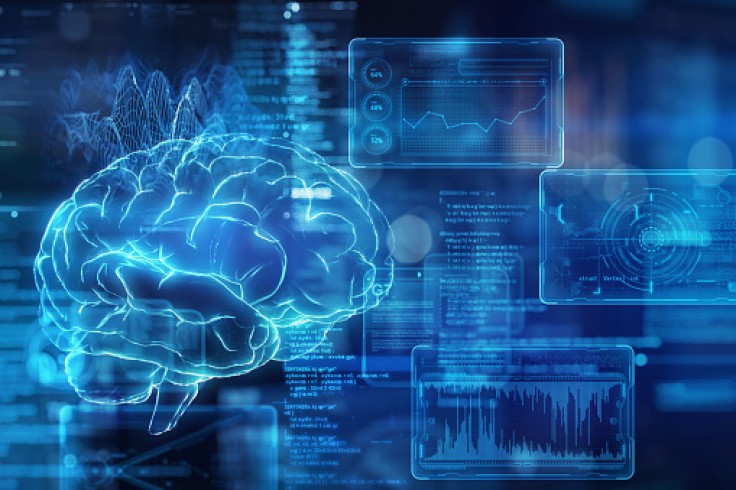Artificial intelligence has been increasingly smarter thanks to its developers, and it has come to the point that AI can come up with inventions on its own. While some believe that the technology should be given credit, the federal and US Supreme Court disagrees.

US Supreme Court Rejects Petition for Review
Stephen Thaler, the man who wants his AI to get the credit for inventing two products, filed the petition to the US Supreme Court, hoping to overturn the federal court's decision regarding an AI's right to be an inventor.
Unfortunately for the computer scientist and founder of Imagination Engines, the Supreme Court rejected the petition, making it appear like the latter agrees that AI cannot be identified as inventors. The "inventor" AI system in question is called DABUS.
The inventions that Thaler wanted to credit DABUS with were a fractal food container and a unique pattern for the emergency light beacon, as mentioned in Interesting Engineering. Upon filing a patent with the US Patent and Trademark Office, Thaler listed DABUS as the inventor.
Since USPTO's applications only allow "natural persons," Thaler's filing was rejected. This resulted in him suing the director of the agency, Andrei Iancu. After two years, the federal court in eastern Virginia decided to side with USPTO.
Thaler, refusing to accept the decision, took the case to the US Court of Appeals, to which he was also unsuccessful. The computer scientist then proceeded with the petition to the US Supreme Court, which also did not go his way.
The last resort would be the decision of the US Congress to allow machines when regarding inventor status, but all Thaler can be for it is optimistic. He believes that the rejection of AI as inventors could disrupt progress since developers will not have access to intellectual property.
He does have a point in one aspect, which is humans not being able to take credit for something that AI created if the technology can be identified as the inventor. As AI issues have only become prominent as of late, it might be a while before his issue is addressed.
Giving AI Credit
AI has been generating a lot of convincing content lately, and many of them can be passed off as human-made. While some users indicate it when AI created or assisted in the creation process, some might exploit the AI's capabilities.
With the emergence of smarter and more advanced AI, it can provide realistic photos based solely on commands or instructions given by a user. It can also generate code that can successfully create functional websites.
One of the biggest issues talked about regarding AI is the generation of art. It's not easy to identify whether an artwork is created by the artist alone, used AI to enhance it, or if they used AI entirely.
In one case, a photographer from Berlin refused an award for his photo due to it being "co-produced" by AI using AI image generators, according to PetaPixel. The photo won 1st place in the creative category of the Sony World Photography Awards 2023.









